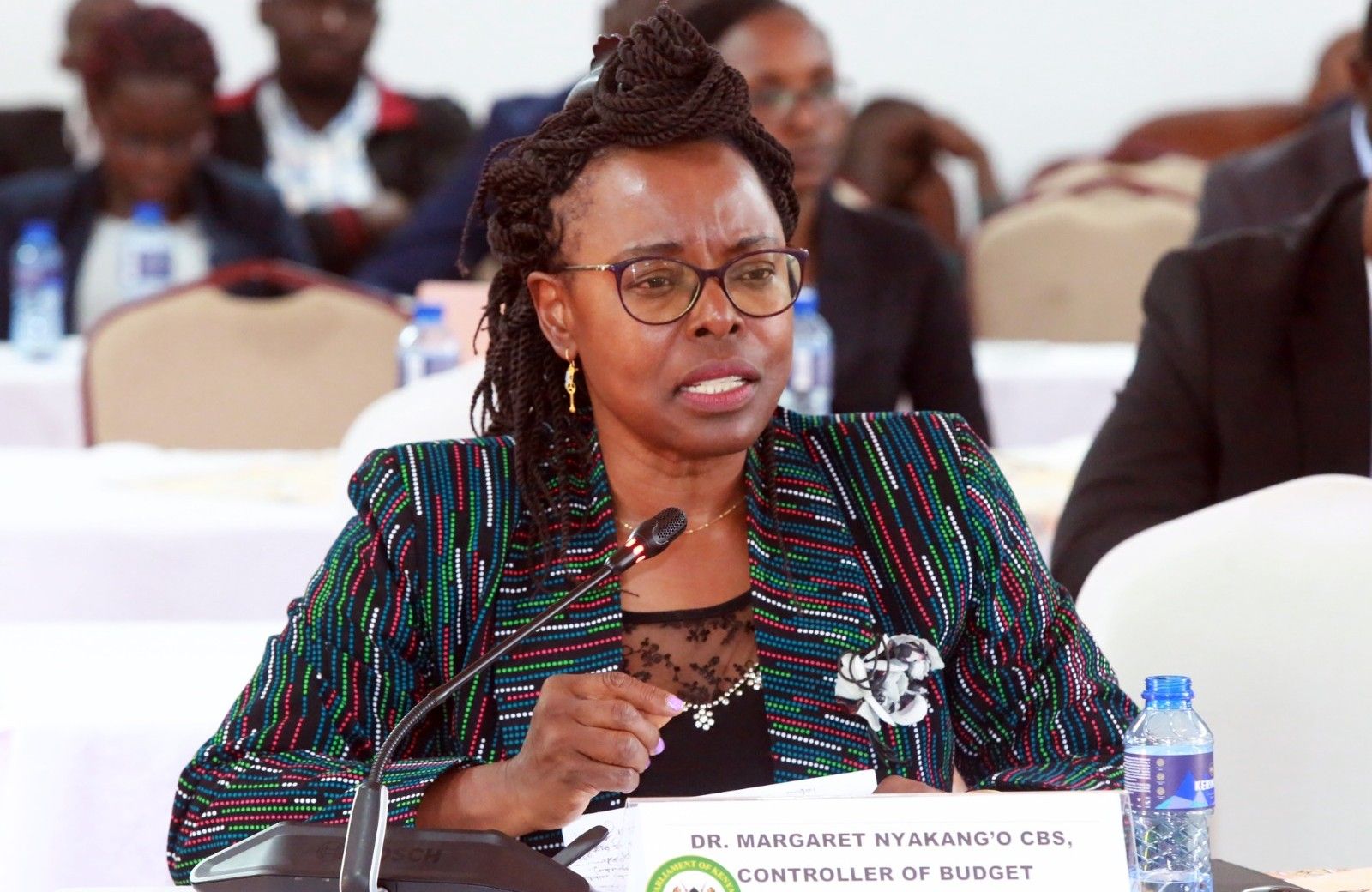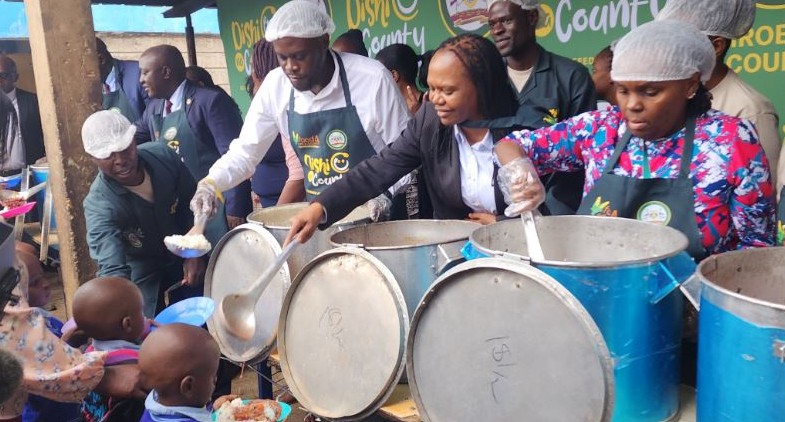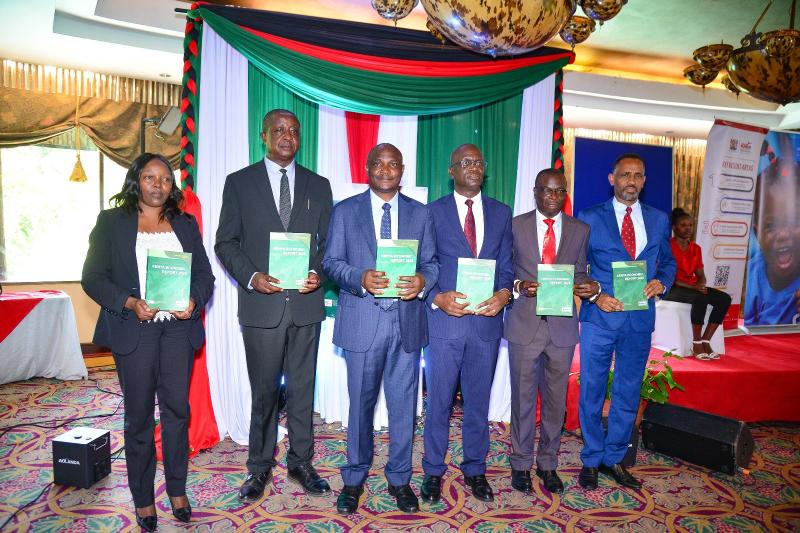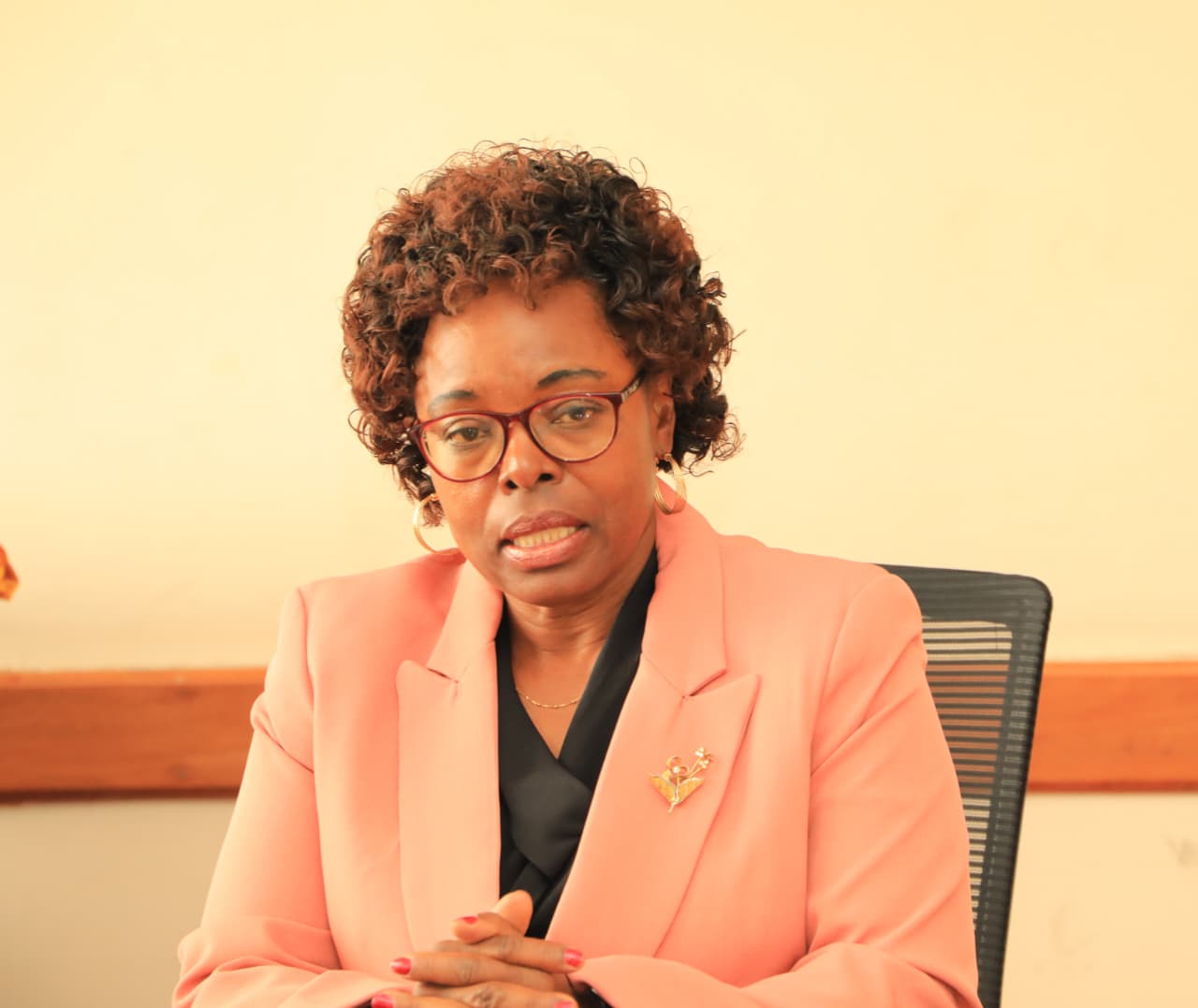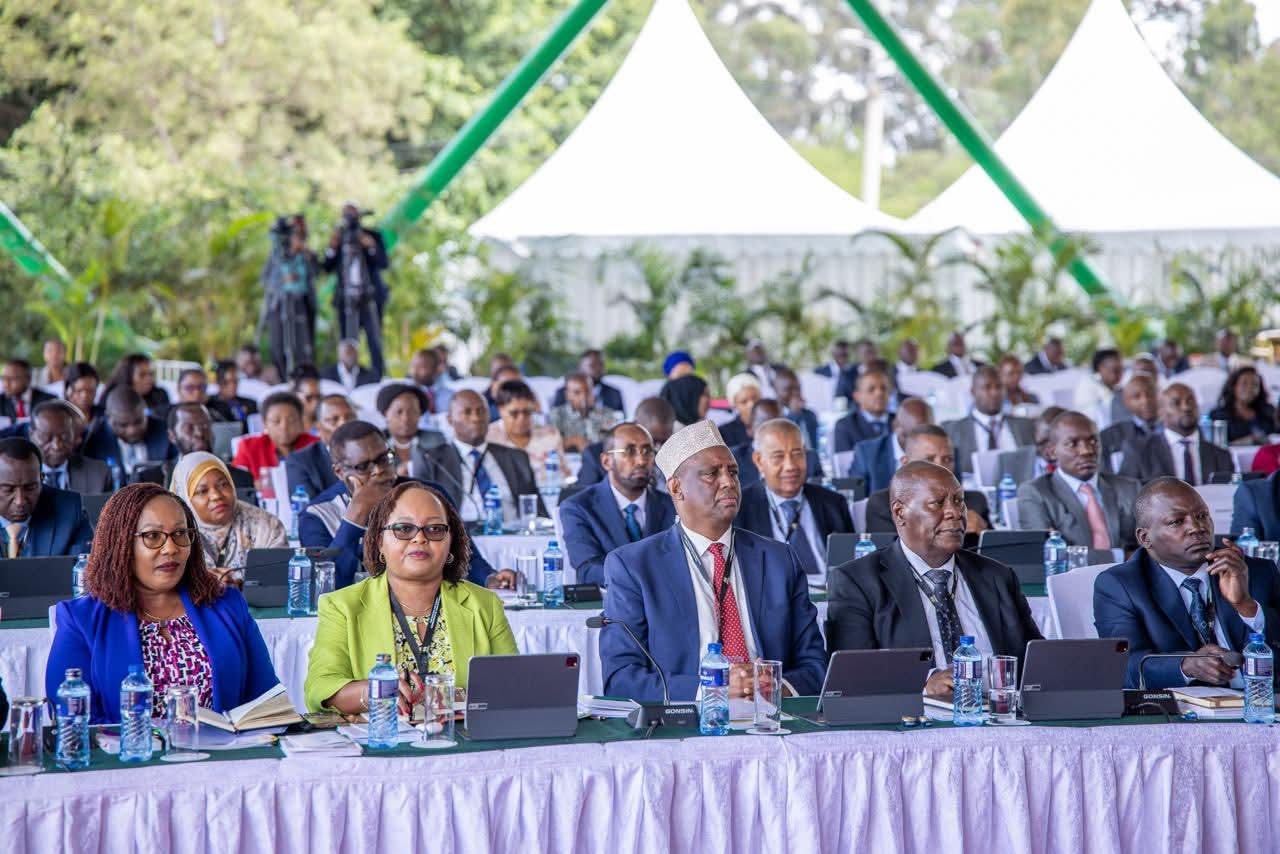Muguka ban: All six coastal counties demand meeting with President Ruto
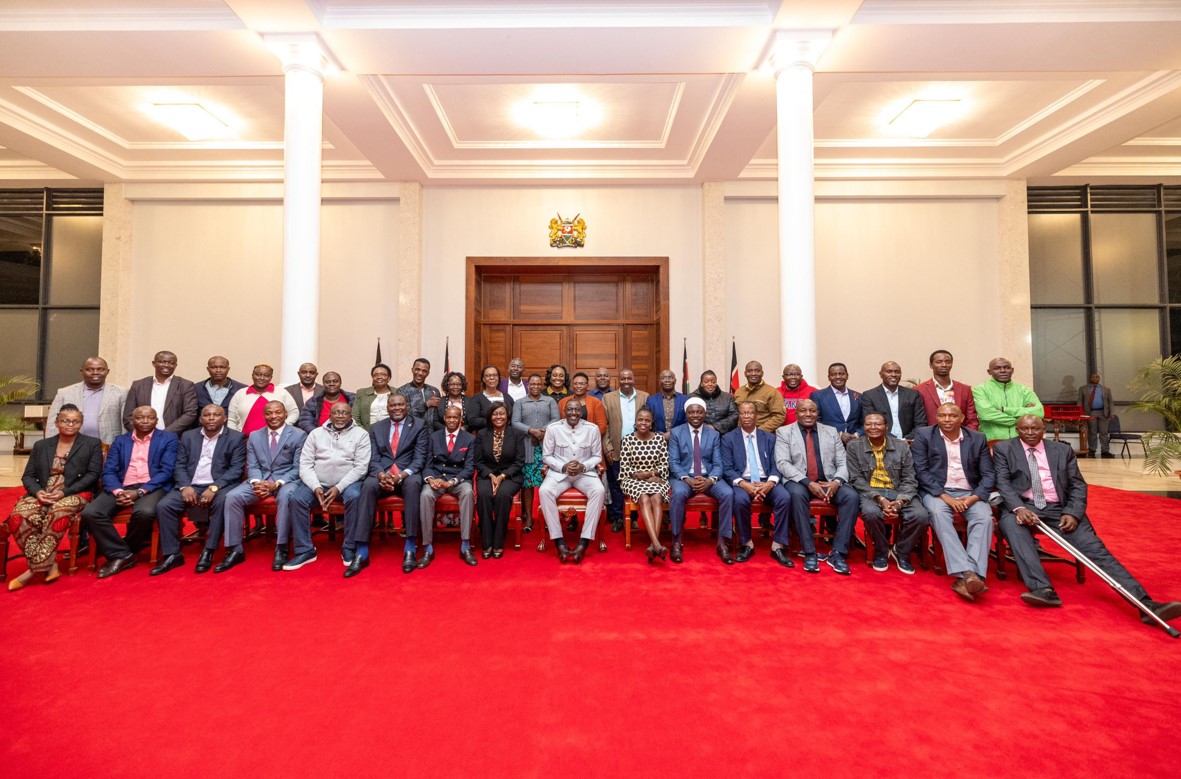
In a June 3 letter to CS Linturi, the Jumuiya ya Kaunti za Pwani economic bloc insisted on direct dialogue with President William Ruto, who nullified a muguka ban and asked for a meeting to discuss all key issues.
In a unified stance against the cultivation and sale of muguka, a variant of the stimulant miraa (khat), the six counties forming the Jumuiya ya Kaunti za Pwani economic bloc have declined an invitation to meet with Agriculture minister Mithika Linturi.
In a June 3 letter to the cabinet secretary, Mombasa, Kilifi, Taita Taveta, Kwale, Tana River, and Lamu counties insisted on direct dialogue with President William Ruto, who nullified a muguka ban by the first three counties and asked Linturi to call the meeting to discuss all key issues.
More To Read
- Kilifi North MP Owen Baya withdraws controversial Muguka Bill after DP Kindiki meeting
- Muguka farmers face uncertain future as new Bill seeks delisting
- Linturi quits UDA, says he won’t be part of a party that embraces corruption, murder
- Coastal governors partner with Italy to boost tourism sector
- How Muslim clerics are helping members stay away from drug abuse
- Ruto's pledge as meeting with Coast leaders over muguka ban finally takes place
Lamu, Tana River, and Kwale have not banned the stimulant, but Kwale has increased transportation charges per lorry of muguka entering the county, from Sh10,000 to Sh300,000, in an effort to control trade and use.
“We make reference to your letter dated May 31, 2024, on the above subject. We regret to inform you that the six-member county governments of the Jumuiya ya Kaunti za Pwani economic bloc, duly represented by the undersigned governors, jointly decline to attend the proposed forum scheduled for June 6, 2024,” the letter stated.
The county chiefs—Abdulswamad Sheriff Nassir (Mombasa), Gideon Mung'aro (Kilifi), Andrew Mwadime (Taita Taveta), Fatuma Achani (Kwale), Dhadho Gaddae Godhana (Tana River), and Issa Timamy (Lamu)—expressed concerns over bias, citing Linturi's public pronouncements on the matter, which they say compromise his impartiality.
“As the Cabinet Secretary for Agriculture and Livestock Development, you have publicly pronounced yourself on the constitutional and legal positions taken by Mombasa, Kilifi, and Taita County governors to ban muguka (Gazette Notice 6482 of Executive Order No. 1 of 2024). According to your statements dated May 29, 2024, your ministry's position is one of protecting the socio-economics of the producing counties,” the letter stated.
The governors further highlighted the extraordinary public interest in the muguka ban, noting conflicting statements from various government officials and the national debate it has sparked.
They stressed the need for the president to lead further consultations, involving key stakeholders such as health authorities, security agencies, and civil society.
“Considering that the head of state has held meetings with the muguka-producing county governments and Central Kenya leadership, and issued directions on May 29, 2024, and whereas various cabinet secretaries and senior national government officers have made conflicting statements as to the position of the Executive,, Jumuiya ya Kaunti concludes and requests that further consultations on this matter be led by the head of state."
Other demands
The county bosses also want other key stakeholders on the matter such as the National Authority for the Campaign Against Drug Abuse (NACADA), the Ministry of Health, security agencies, and the civil society involved, their argument being that the issue is not only agricultural.
They emphasised the global recognition of cathine and cathinone, the active ingredients in muguka, as banned substances in numerous countries.
According to the governors, cathine and cathinone, found in both miraa and muguka, are banned under the existing Narcotic Drugs and Psychotropic Substances (Control) Act 1994.
“The National Campaign Against Alcohol and Drug Abuse (NACADA) categorises miraa as a psychotropic substance due to these compounds. Additionally, it's worth noting that cathine and cathinone are prohibited in several countries, such as Tanzania, Uganda, China, Europe, the United States, Saudi Arabia, Malaysia, Australia, New Zealand, and Canada, underscoring global recognition of their harmful effects,” the letter stated.
Citing health, security, and economic concerns, the group also underscored the harmful effects of muguka consumption, supported by data from local rehabilitation centres.
They referred to scientific research conducted from 2021 to 2024 by the Mombasa Women Empowerment Network Mental Health Treatment and Rehabilitation Centre, ReachOut Rehabilitation Centre, Port Reitz Hospital, and the NACADA Rehabilitation Centre.
The research found that 550 out of 700 patients living with mental health conditions, or 82 per cent, were abusing muguka.
“This trend is replicated across all coastal counties and gives us, as leaders, just cause for concern for the wellbeing of our people. Studies further indicate that, owing to the relatively short harvest time of muguka compared to miraa, the cheap cost makes the drug easily accessible to minors,” the governors stated.
They requested support in convening a consultative meeting with the president and relevant cabinet secretaries to address the multifaceted issues surrounding muguka cultivation and trade.
Top Stories Today


